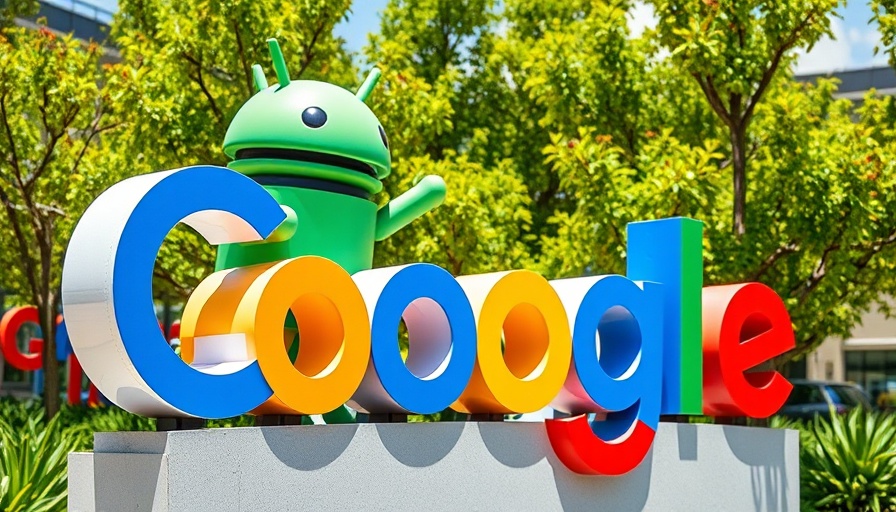
Google's Gemini AI: A Personal Touch with Search History
In a significant update, Google has enhanced its Gemini AI capabilities by allowing it to leverage users' search history for improved personalization. This new feature empowers Gemini to provide contextual answers that align more closely with individual preferences and habits, mirroring a personalized assistant in its function.
The integration of search history into Gemini's AI toolkit is designed to enhance the user experience. As users brainstorm travel ideas or seek recommendations, Gemini will pull data from their past online interactions, ensuring that the assistance feels both relevant and tailored to their unique lifestyle.
Understanding Personalization in AI
The rollout of this feature marks a step forward in AI personalization, as Gemini allows users to share personal preferences such as dietary requirements or leisure activities. However, it's important to note that the personalization aspect is currently opt-in and labeled as experimental. Users must actively choose to connect Gemini to their search history and other Google services to unlock this feature.
As professionals and business owners, understanding this shift is critical. Enhanced personalization not only improves user experience but also poses implications for digital marketing strategies. With tailored recommendations becoming the norm, businesses may need to rethink their approaches to content marketing and customer engagement strategies to remain relevant.
The Implications for Marketing Strategies
As Gemini evolves, the potential impact on digital marketing cannot be overlooked. Marketers should consider how AI-driven personalization could shift consumer behavior, influencing everything from SEO to content distribution strategies. If users receive highly personalized responses through AI, will traditional click-through rates decrease? This is a question every marketer should ponder.
Moreover, the shift towards personalization raises concerns over privacy. Google has made it clear that users can disengage from personalizing Gemini at any point, ensuring user control over their data. This model allows marketers to adapt their strategies while being mindful of users' privacy concerns.
Staying Ahead: The Future of Google Gemini
Google's ambition for Gemini extends beyond just search history. Plans to integrate more Google apps, including Photos and YouTube, promise to enhance its ability to provide personalized insights.
The increased connection with additional services can significantly enhance the data fed into Gemini, making it an even more powerful tool for businesses looking to tailor marketing campaigns. The capacity to reach consumers through channels they frequently use ensures marketers can foster stronger engagements.
Conclusion: Charting the Future of AI in Marketing
As Gemini continues to innovate, understanding the implications of these advancements is essential for professionals and business owners. The personalization of AI represents a pivotal shift in how we interact with technology, and how technology interacts with us. Embracing these advancements can be advantageous but requires continual adaptation and vigilance regarding user privacy.
Staying informed about the evolution of tools like Gemini is crucial in adapting marketing strategies to connect with audiences effectively. As AI-driven personalization becomes an integral part of the marketing landscape, businesses need to explore how these changes can align with brand goals.
If these insights resonate with your business ambitions, consider exploring strategies in digital marketing that integrate emerging AI technologies. Embrace the future of marketing with AI as your ally.
 Add Row
Add Row  Add
Add 




Write A Comment